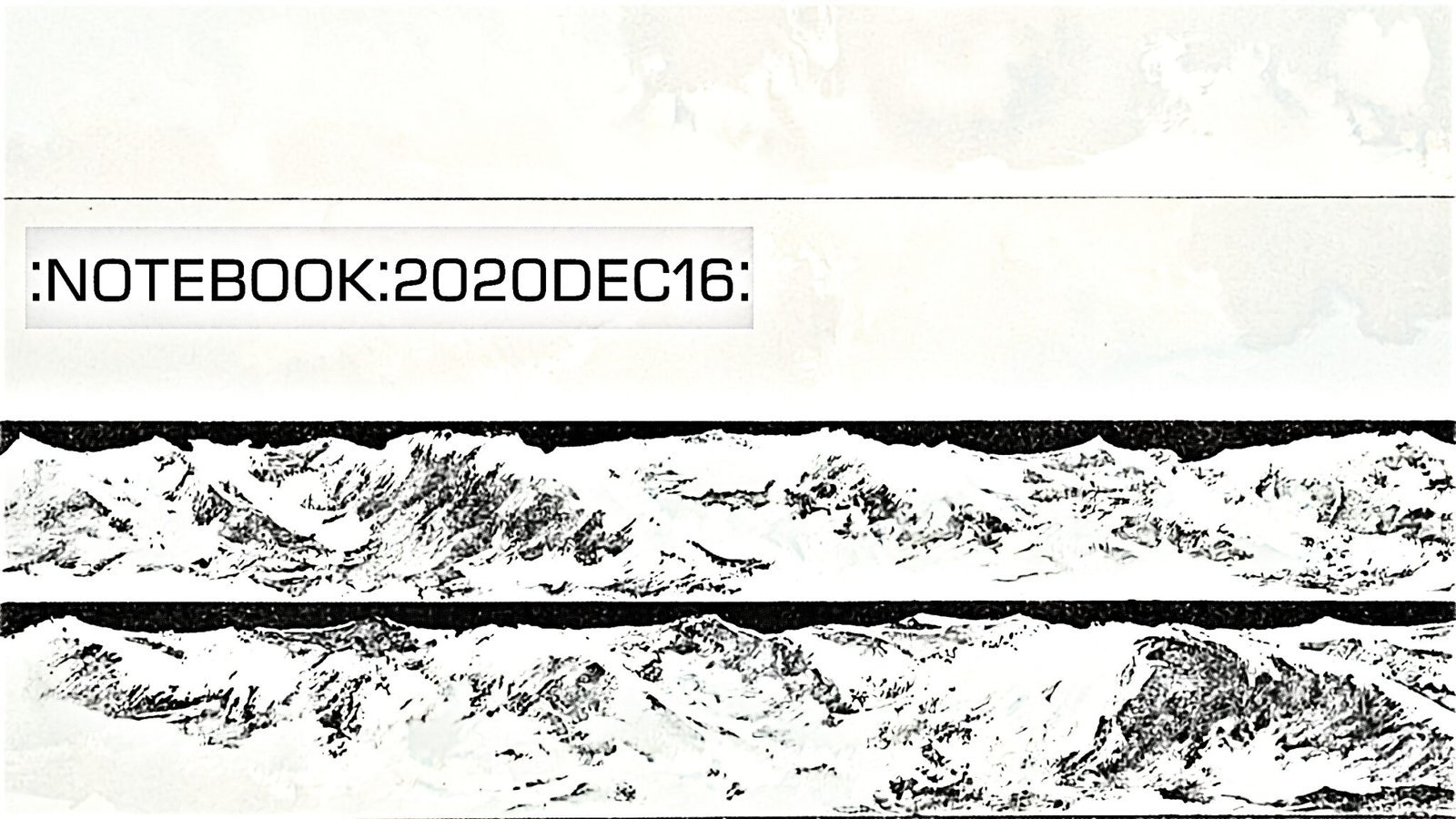
An Update on Bandcamp Fridays → You can’t have too much of a good thing. Since the very beginning of COVID-times, Bandcamp has waived their revenue share on the first Friday of every month. That means after payment processor fees, artists (or their labels, if managing the account) got an average of 93% of the total.
Bandcamp Fridays were a rousing success for everyone involved, not the least Bandcamp itself. Though the company led us to believe these first Fridays ended with 2020, I suspected these events would continue. And here’s Bandcamp with breaking news:
Although vaccines are starting to roll out, it will likely be several months before live performance revenue starts to return. So we’re going to continue doing Bandcamp Fridays in 2021, on February 5th, March 5th, April 2nd, and May 7th. As always, isitbandcampfriday.com has the details.
Also, in the announcement, Bandcamp rightly points out that fans shouldn’t think these are the only days to buy music and support artists. Normally, “an average of 82% reaches the artist/label” through Bandcamp on a day that’s not the first Friday of the month. That’s still pretty good and remarkably better than those other guys.
So why have these special Fridays, then? Well, they’re a lot of fun. Bandcamp Fridays remind me of Tuesdays at the record store — new releases came out every Tuesday in the olden times — and fans would line up at the door before we opened in anticipation of their favorite artists’ fresh music. Nowadays, Bandcamp Friday’s excitement carries over to social media. The social platforms come alive on Bandcamp Fridays with recommendations, exclusives from the artists, and praise from fans. It’s a nudge to the broader public that there’s something more than Spotify, that an inclusive music community bubbling with intention and enthusiasm exists in 2020. And because of that, I expect Bandcamp Fridays — or some version of it — to continue well beyond next May.
——————
In 2021, support people. Screw the brands. → The argument over streaming royalties and how the services don’t adequately pay artists often loses sight of an important factor. If a recording artist releases through a label, that label might take as much as 90% of the streaming royalty pie.190% would be a really bad — but not unheard of — major label deal. Then, there’s the issue of labels that don’t pay at all — whether that’s intentional or due to a combination of laziness and bad accounting.
In 5 Magazine, Terry Matthew calls out labels that infamously don’t pay artists. Terry mentions classic Chicago house music labels like Trax, defrauding pioneering Black artists like Larry Heard and Robert Owens. But Terry notes a more significant problem: as fans, we sometimes mythologize the labels at the expense of the artists behind the music. We continue to support labels while (often unknowingly) hurting the artists. Here’s Terry:
Too often as an industry, we elevate packaging over product, memorabilia over music, brand over artist. All might be forgivable except the last, because there are real people involved in this, many of them are still alive and still active artists.
Terry’s prescription: Stop fetishizing labels at the expense of artist fandom. Buy releases directly from the artists when you can (via Bandcamp or artist sites). And be aware that the classic record you’re buying might be a dodgy label’s make-a-fast-buck repress.
There’s also a reminder not to get caught up in our beloved artists’ catalogs of classics, ignoring their current output. Many pioneering producers are still making vital music. A lot of it is self-released. The best thing we can do as fans is to follow our heroes as they continue their musical lives, supporting them when we can.
——————
Shea Betts – Sea / Sky → This album is the first release from NYC-via-Canada librarian and music-maker Shea Betts. As evidenced by the title Sea / Sky, the album is an ode to both, with the first half inspired by the ocean’s movement while the second reflects the windiness of the atmosphere. Shea tells me that he had “a desire to make a more ‘abrasive’ ambient sound – something more distorted and overdriven than the subdued ambient that I often listen to.” That abrasiveness is anything but, closer to an accommodating tinge of distortion on keyboards that sustains like church organs. This organ-like quality gives Sea / Sky a religious air, an almost worshipful respect for the natural world inhabited by the album’s two subjects. With measured difference, the ‘Sea’ half conveys roughness while the ‘Sky’ portion is lighter and flowing. And the songs in the middle are a combination. “Where the ocean meets the sky,” says Shea. Despite its simplicity, Sea / Sky is expressive and visual — listening in full, with the concept in mind, is movie-like. I imagine a vertical slow-motion camera pan from the water to the clouds. Probably in black and white and dramatically contrasted. Is Béla Tarr available?